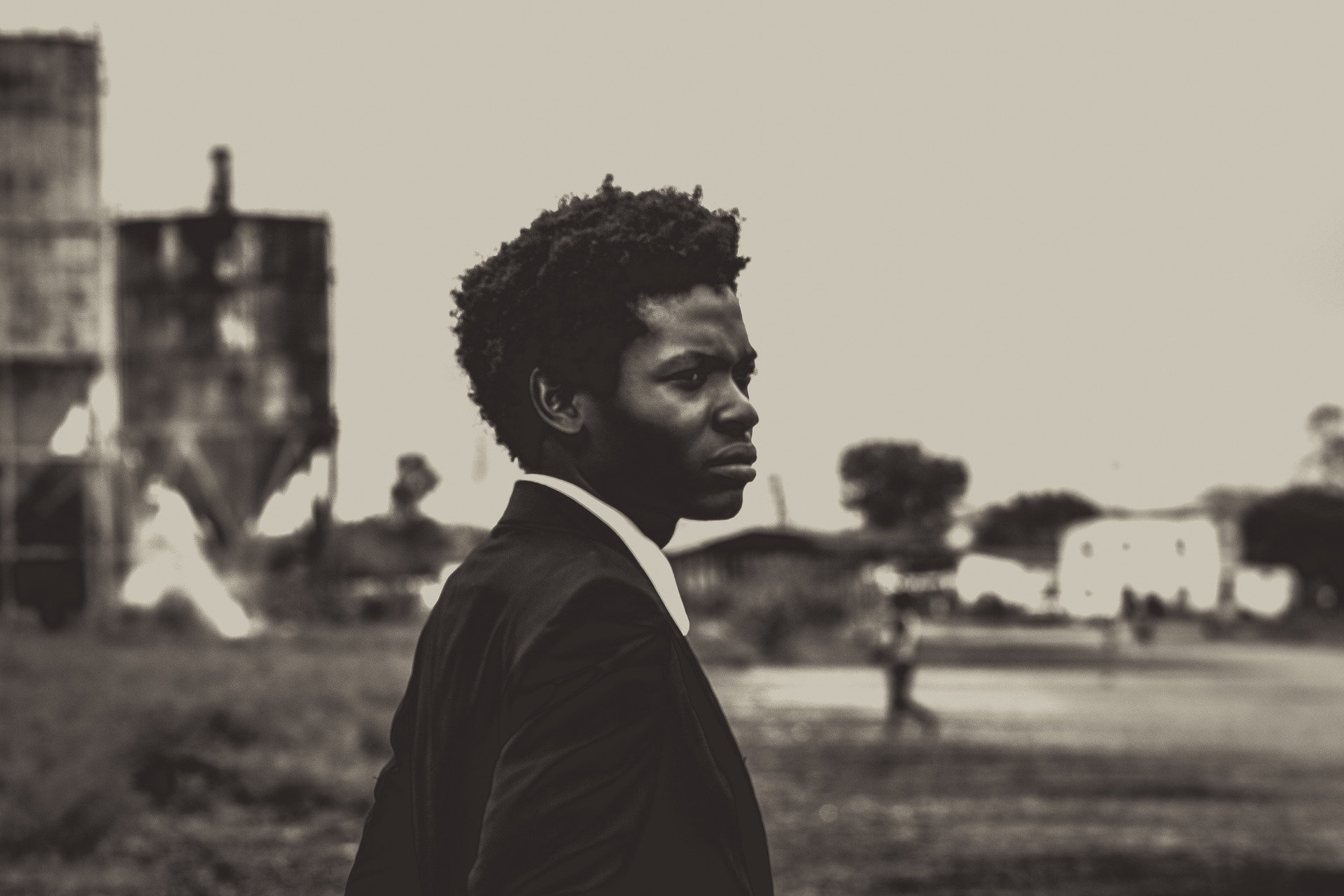By Lisa Damour
Courtesy of the New York Times
The arrival of spring is often prime time for hay fever, but adolescents seem to be able to develop an allergy to their parents, either intermittent or chronic, at any time of the year. This allergy usually has a sudden onset around age 13 and can last for months or, in some cases, years. While it’s no fun to become the parent who cannot order food or hum along to a song without irritating his or her own child, we’re better able to ride out this temporary adolescent affliction when we appreciate its causes.
Growing up involves becoming separate from our parents. This project often begins in early adolescence with an abrupt and powerful urge to distinguish oneself from the adults at home. It’s no small task for teenagers to detach from those who have superintended nearly every aspect of their lives so far.
As teenagers begin to disentangle from their folks, they inevitably sort a parent’s every behavior and predilection into one of two categories: those they reject, and those they intend to adopt. Unfortunately for the peace of the household, each of these categories creates its own problem for teenagers intent on establishing their individuality.
You may think nothing of wearing dated athletic shoes, but if your teenager doesn’t agree with your choice of footwear he may, at least for a while, find it unbearable. Why should it matter to him what’s on your feet? Because his identity is still interwoven with yours; until he’s had time to establish his own look, your style can cramp his.
Given this, you’d think that teenagers wouldn’t be allergic to the proclivities they share with their parents. But they are, precisely because the interests are mutual.
The son of a colleague stopped running with his dad once his membership on the cross-country team became the organizing force of his high school identity. The boy still ran, of course, but now with friends or alone. He could not, at least in the near term, feel separate from his father and still go out jogging with him.
In short, adults can find themselves in a season of parenting when nothing they do sits right with their teenagers.
While we wait for this season to pass, what should we do when our teenager can hardly stand how we operate our turn signals?
For starters, we might view it as a reassuring marker of normal development. While we know, intuitively, that our children will not always admire and enjoy us the way they often do when they are young, it’s easier to part with our pedestals when we remember that our adolescents’ new allergies herald the next chapter in our relationships with them.
From there, we can either ignore their annoyance or remind our children that they are free to be aggravated, but not rude. If necessary, we can gently point out that it won’t be long before they’ll be driving and operating the turn signals just as they please.
Finally, we can sometimes welcome teenage self-consciousness as an opportunity to connect. When I was growing up and a friend of mine’s allergy to his parents was at its absolute height, his mother would allow him to choose her outfit when they needed to attend school events together. Of course the case can be made against indulging adolescent hypersensitivities. But the case can also be made that eighth-grade orientation is already stressful enough. If wearing one sweater rather than another makes little difference to you, why not do what you can to ease your tween’s mind?
As for my colleague, he dearly missed going on runs with his son, just as many parents of adolescents long for the days when their preteen laughed at their jokes and happily came along on errands. We are rarely as ready to separate from our teenagers as they are ready to separate from us.
Even when you don’t take your child’s secession from your union personally, it still hurts. Having other interests and supportive relationships can help. Go out for coffee with friends whose teenagers also look at them askance and reassure your wife that she’s still got it, even if her dance moves do cause your ninth-grade daughter to break out in hives.
For teenagers whose allergies manifest as persistent disrespect, laying down some ground rules can help. A wise friend of mine tells her adolescent son that he can be friendly, polite, or clear about needing some time alone; insolence, however, is off the table. And though it’s painful to be treated as an irritant, holding a grudge can sour those unexpected moments when even the most reactive teenager welcomes our company.
Once teenagers have had time and space to establish their own skills, interests and tastes, their allergic response to their parents usually dies down. Plus, neurological development is on our side. As they age, adolescents’ evolving cognitive capacities allow them to think beyond seeing their parents only as being like, or unlike, how they themselves want to be.
Now they can sort what they see in us into categories that could not exist before. We can have bothersome quirks that our teenagers view as entirely our own; we can have characteristics they admire, but don’t care to cultivate. And our teenagers can embrace interests that they happen to share with us.
Teenagers’ allergies to their parents may make a brief return at moments when they want tight control of their personal brands — such as during college visits, or when highly regarded peers are nearby. But at some point you may be able to return to blowing goodbye kisses without causing your teenager anything more than mild discomfort. And your dance moves might even get a little long overdue respect, too.


Leave A Comment